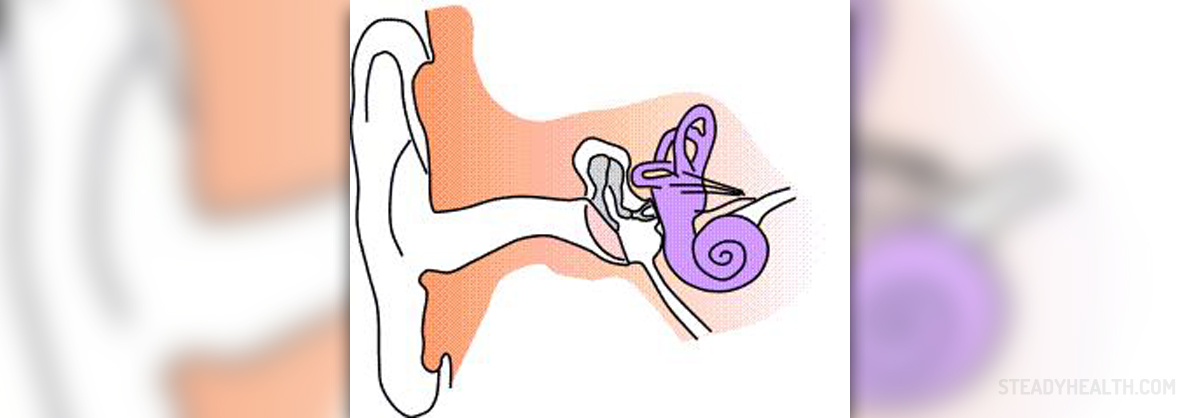
Sometimes, your wonderful diving experience may turn into a painful and discomforting ear dysfunction. This problem is usually temporary but should, nevertheless, be medically examined timely, ruling out or treating potential health problems which might be at hand. Many different situations can lead to pain after diving and it is important to have the issue properly diagnosed before having it treated.
Reasons behind Ear Problems after Diving
Middle ear barotrauma is the name of the condition behind ear problems after diving. This phenomenon manifests through pressure in the head area, getting worse as the diver moves deeper below the water. On the other hand, returning up towards the surface results in less discomfort. This may result in hearing loss and appearance of vertigo. Sometimes, the excessive pressure may lead to an eardrum rupture, being very painful due to the fact that water has entered the middle ear.Signs of Ear Problems after Diving
When paying your doctor a visit, he/she will notice edema and hemorrhage of the eardrum as well as accumulated fluids in the middle ear area. After the diagnosis, the degree of the severity of the condition is declared. Numbers from 0 to 5 are used for these purposes.
Treatment of Ear Problems after Diving
The middle ear barotrauma treatment lasts until the symptoms disappear totally. Any preexisting nasal problems need to be dealt with by using nasal decongestants. This is the common treatment for type 1 middle ear barotrauma.
As far as type 2 of this condition is involved, a person should not dive until the situation is completely resolved. Again, nasal decongestants are used, potentially along with prophylactic antibiotics and systemic analgesics.
Type 3 middle ear barotrauma requires restraining from diving until the condition is completely cured. Also, the auditory canal needs to be cleaned. However, ototoxic ear drops should not be used for these purposes. Nasal decongestants and antibiotics are used as a part of the treatment as well. If all else fails and the conditions remain prevalent for more than 2 weeks, surgical intervention may be necessary.
Preventing Ear Problems after Diving
There are specially prediving exams which people can undergo, making sure that their organism is strong enough to withstand the pressure of diving. If you seem to be capable of enjoying diving, you are advised to use certain techniques during the diving procedure. Enter the water with your feet first, descend on the anchor line and avoid diving after taking medications which cause nasal congestion.
Also, choose diving areas controlled by professional medical staff since here you will have support in case anything goes wrong.






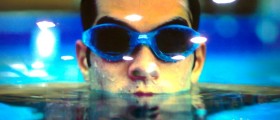
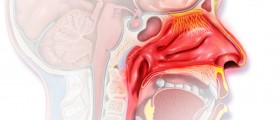






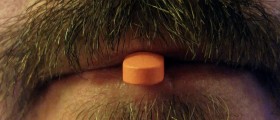

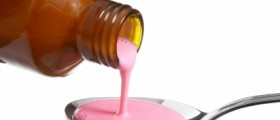
Your thoughts on this
Loading...